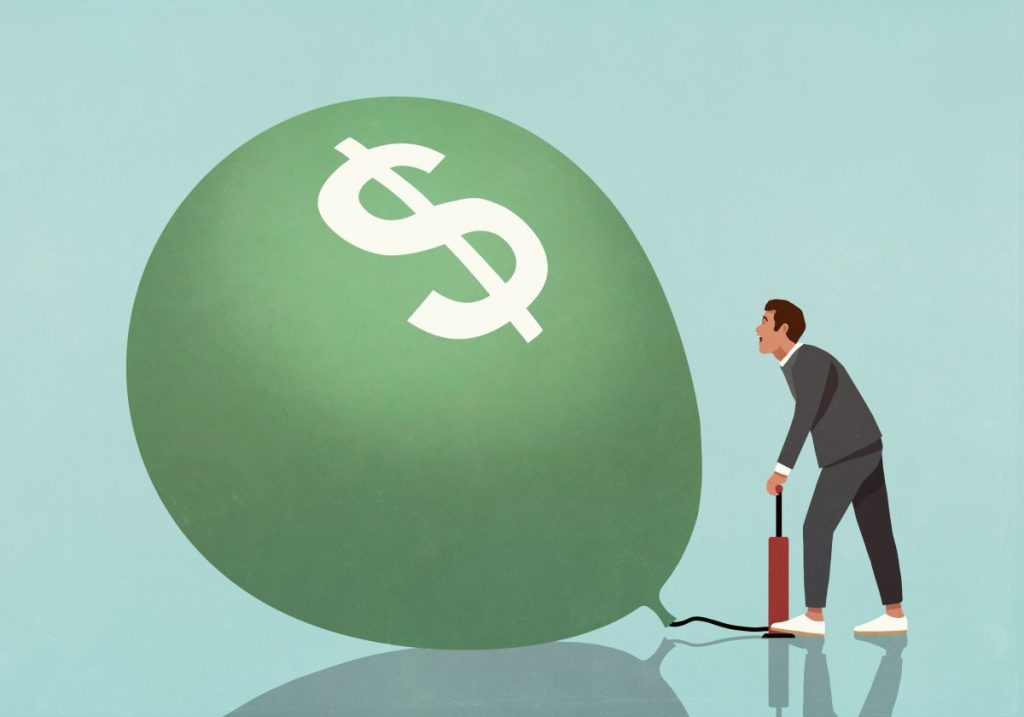VCs Are Eager for AI Startups and Investing in Each Others SPVs at High Prices

Venture capitalists are scrambling to secure shares in promising AI startups, often buying into each other’s Special Purpose Vehicles (SPVs) at steep premiums.
This trend signals the fervent interest in AI investments but also raises concerns about potential risks and an emerging bubble in the secondary market.
The Growing Interest in AI Startups
VCs are increasingly purchasing shares of late-stage startups in the secondary market to get pieces of the most promising ones, especially AI companies. They are doing so primarily through financial instruments called special purpose vehicles (SPVs).
Some of these SPVs have become so desirable that they are commanding premium prices, which is a mixed blessing. While it benefits the VCs selling an SPV, it poses a higher risk for buyers, hinting at a potential bubble forming around AI startups.
The secondary market is a platform where existing shareholders, like startup employees or VCs who bought shares directly, can sell some of their shares to others. However, private companies control who can own their shares, often locking many VCs out.
SPVs Commanding High Prices
VCs with access are setting up SPVs and selling shares to other VCs or investors, such as high-net-worth individuals. Buying into a VC’s SPV means owning shares of the SPV vehicle, not the startup’s stock. This distinction is crucial.
Javier Avalos, co-founder and CEO of secondary deal tracking platform Caplight, noted, “Buying units of the SPV means [VCs] won’t own shares in the actual company; they’ll technically be an investor in another investor’s fund.”
Emerging trends show SPVs holding shares of companies like Anthropic or xAI are marking up prices 30% higher than their last funding round. Investors owning actual shares can quickly profit by setting higher prices on their SPVs.
Potential for Smaller VC Firms
High-priced SPVs still offer potential benefits. Smaller VC firms, often unable to buy shares directly from companies, can gain from future rewards if these companies succeed.
However, owning an SPV instead of actual shares means less insight into the company’s financial health. SPV owners don’t receive regular updates or have voting rights over the shares.
Risks Involved with High-Priced SPVs
Direct investors negotiate terms such as buying more shares or vetoing IPOs, which SPV owners cannot do. Thus, SPV owners rely heavily on startups’ value growth for profitability.
If majority shareholders agree to an acquisition profitable for them but not for those who paid more for SPV shares, the latter could face losses. Paying a 30% premium adds to this risk.
Buying shares on the secondary market aims to get them below current valuation, said VC Brian Borton, a partner at StepStone. Despite the awareness of this risk, investors bet on strong company performances.
Lofty AI Valuations and Potential Drawbacks
AI startups are experiencing high valuations despite limited use cases and revenue, posing a significant gamble. Investors are hopeful but face considerable risks due to the nascent stage of many AI technologies.
This fervor among investors reflects the broader excitement around AI but also points to speculative behavior. Investing in such a dynamic field requires both optimism and caution.
Expert Opinions
Industry experts warn that the premiums on SPVs could lead to negative outcomes if companies don’t meet high expectations. The allure of quick profits continues to attract VCs despite potential pitfalls.
Javier Avalos emphasized the importance of understanding the differences between direct investment and buying into SPVs. The investors are essentially placing bets on the future success of these companies.
The Future of AI Investments
The trajectory of AI investments suggests continued enthusiasm but with increasing scrutiny. As valuations soar, the line between smart investments and speculative bubbles becomes thinner.
Careful consideration and due diligence are paramount for VCs navigating this crowded and competitive landscape.
The allure of AI startups and the rush to invest through SPVs underscore the high stakes and potential rewards in the tech sector.
However, VCs need to tread cautiously, balancing optimism with realism to avoid potential pitfalls in this rapidly evolving market.





